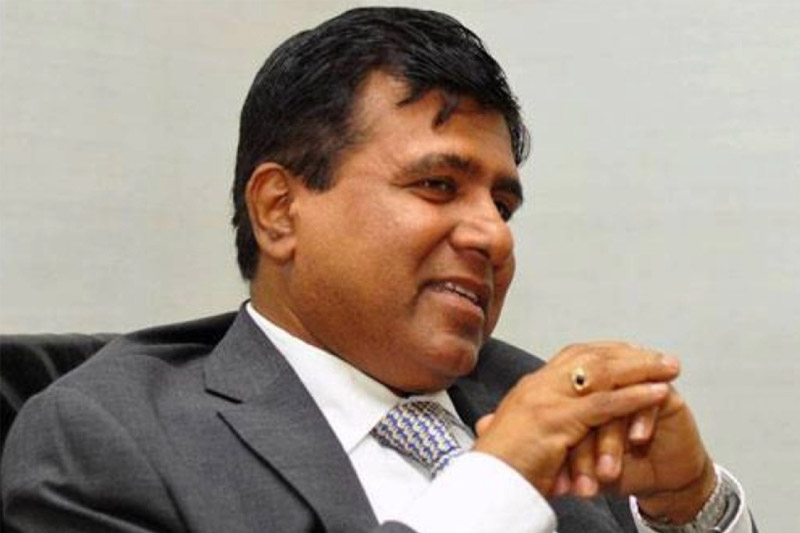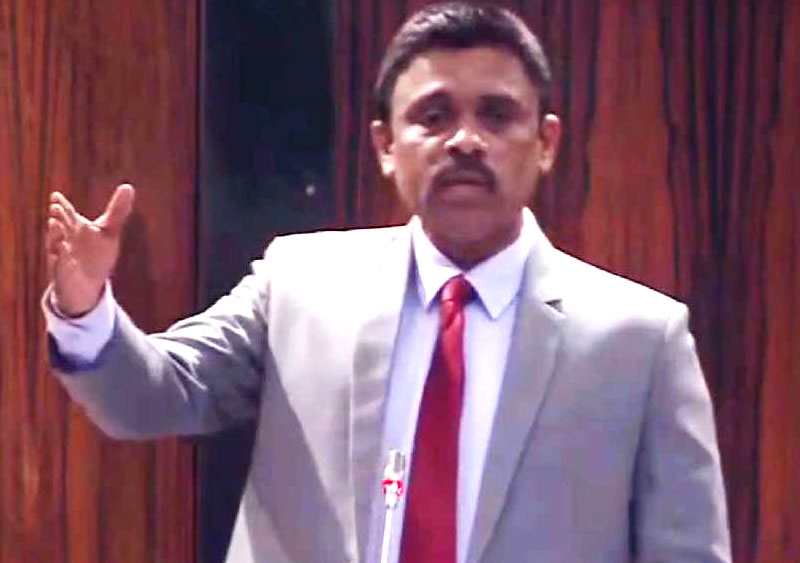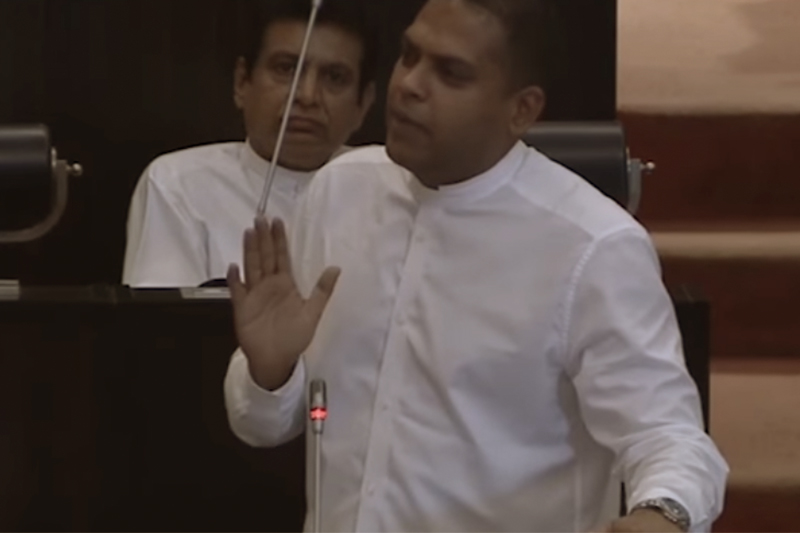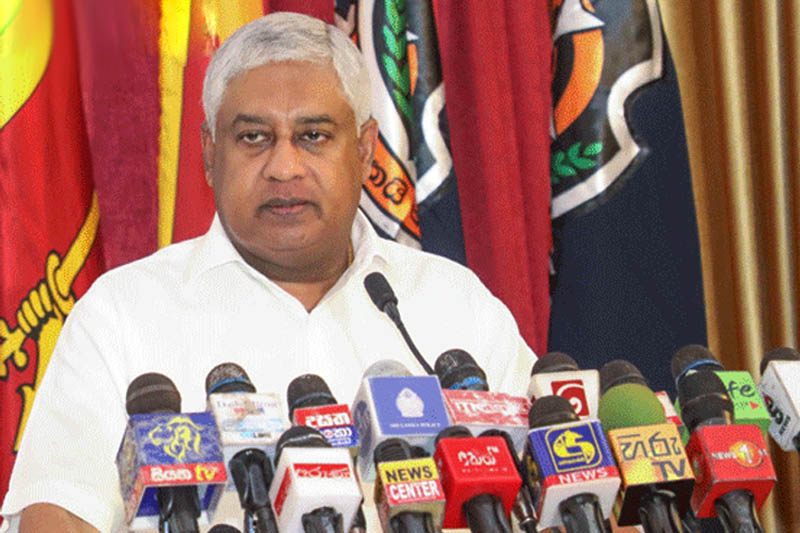Psychiatrists are witnessing a doubling of persons who seek treatment for stress due to economic issues and over future insecurity, said Dr. Rumi Ruben of Karapitiya Teaching Hospital in Galle.
Also, patients seeking services at psychiatric clinics have increased similarly.
The leading psychiatrist has told Lankadeepa that pressure due to an uncertain future, loss of hope among youths, negative mindsets etc. could lead even to the more serious depression.
Symptoms of stress
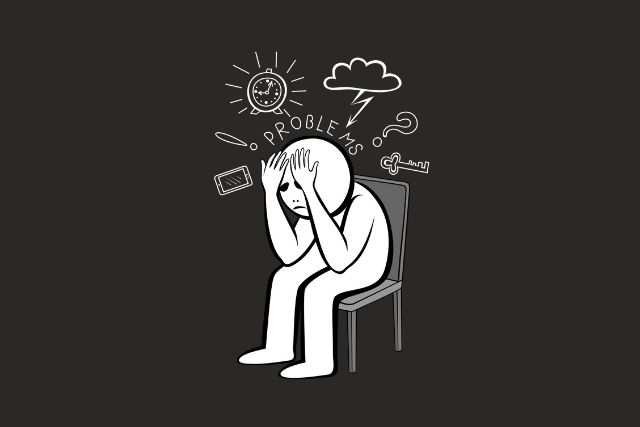
Symptoms of stress could show both physically and mentally, Dr. Ruban told BBC Sinhala Service.
Bad temper, loss of memory, inattention, hopelessness and sorrow are among the mental symptoms.
It will show physically when one develops breathlessness, increase in heart rate, sweating and sleeplessness.
Dr. Ruban said attention should be paid if a person cannot perform daily routines normally and finds a decline in efficiency, which could be signs of stress.
If it worsens, depression happens to lose hope and even becomes suicidal.
Stress once left untreated becomes chronic, leading to heart ailments, diabetes and hormone imbalances.
The psychiatrist went onto say that the effect from job-related stress changes from person to person.
Some have genes strong enough to have a high level of tolerance against stress, while others are not so fortunate.
Even without that, some have developed social skills and the ability to manage stress.
Is stress always bad?

Having a certain level of stress is not so bad, he said.
Without it, one’s productivity could get affected, as shown by scientific research.
Stress at its worst
If the worst happens, a person with chronic stress could take own life, said Dr. Ruban.
Once depressed, one may lose interest in everything, leave the job and become idle.
Or else, he or she will shun society and comes to the level of suicide.
Prevention and treatment

It is very important to manage stress through education and improving social skills.
He said a colleague found to be having stress should immediately be referred to a specialist by co-workers.
In the beginning, counseling is important and sufficient.
If things become worse, a psychiatrist should be consulted, he said.
In brief
- Identify symptoms
- Pay attention to one’s level of efficiency
- Identify the root causes
- Try to improve any declining skills
- If the root cause is external, take it as a challenge, not as a threat
- Those already under stress should take short breaks from work.
- To lessen impact on the mind, listen to music etc.
Should job-related stress be kept hidden?
Dr. Ruban said having mental issues is nothing to be ashamed of or afraid of, as it could happen to anyone.
Talking to someone close is important and to tackle the problems.
Support from others is a key factor, especially at workplace.
Those in charge have a responsibility to create an environment conducive for work in a good frame of mind.
Especially, welfare officers should keep a close watch for any signs of stress among workers.
Impact from economic crisis

With the onset of the economic crisis, certain private companies started expecting too much from their employees, said the leading psychiatrist.
At the same time, their perks and privileges got curtailed, with the workplace going for more profits.
This is having an impact on the mental health of the workers.
Their plight worsens with the understanding that they can no longer manage with what they earn.
According to him, those in the early stage of stress can be treated through counseling.
Counseling services
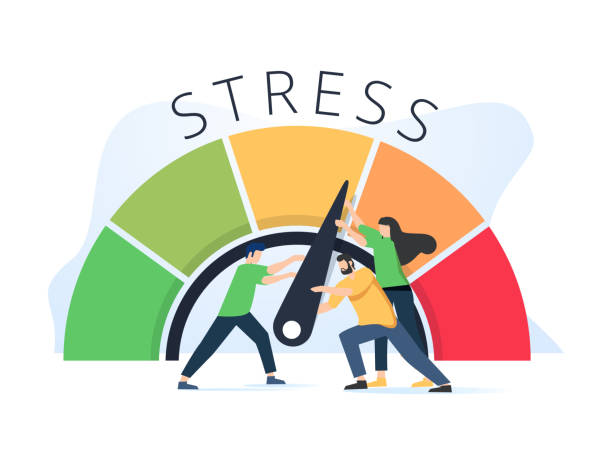
Emergency help in matters of mental health can be sought by calling the National Institute of Mental Health on hotline 1926.
Information on psychiatric consultancy services under the national health system is accessible via the website www.slcpsych.lk.













